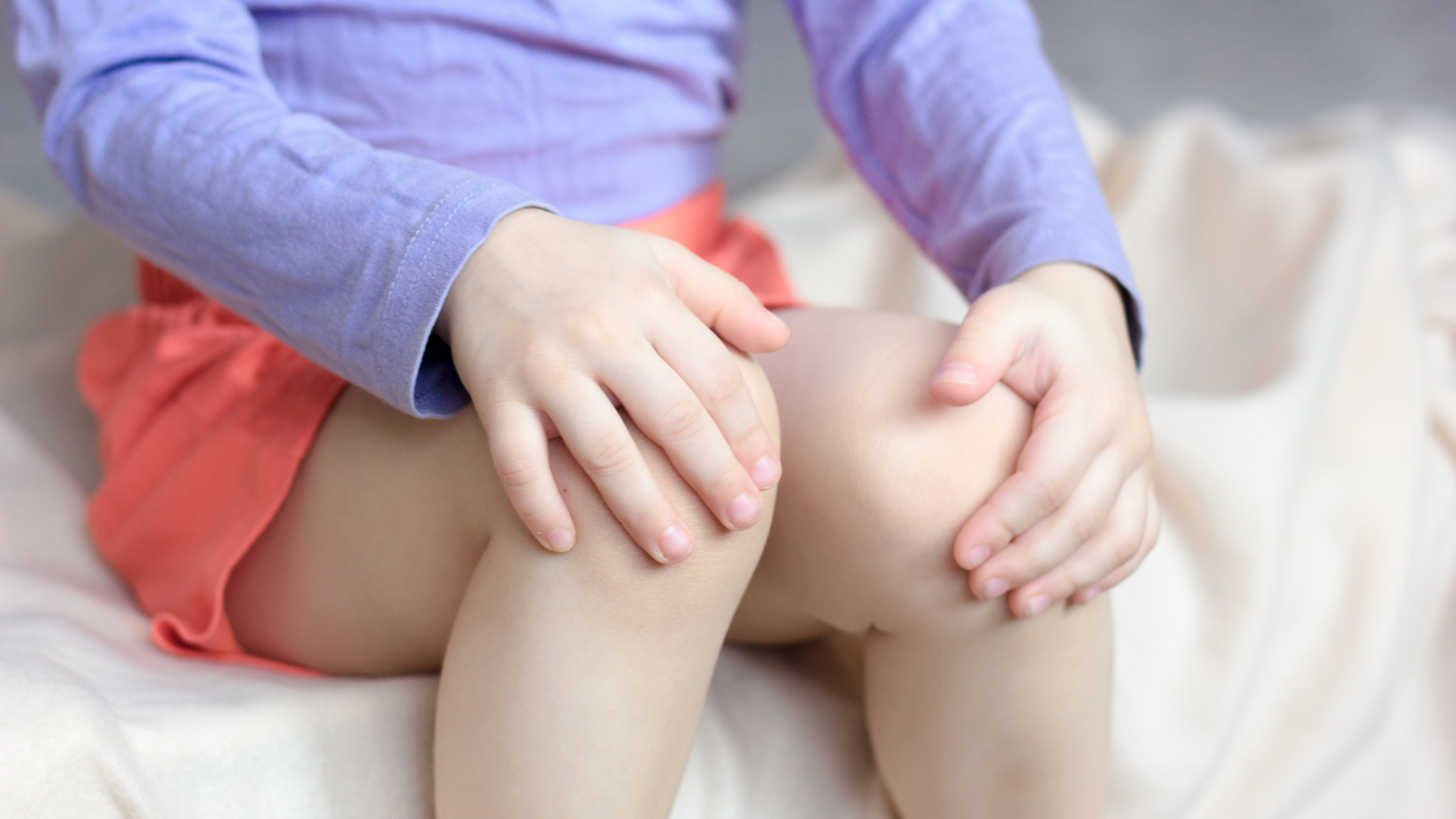Girls with obesity were 1.7 times more likely to visit GP with a musculoskeletal symptom or diagnosis
In the study, published in Archives of Disease in Childhood and funded by Barts Charity, researchers analysed anonymised information on 120,000 children in North East London, linking data from the National Child Measurement Programme with GP records. They found that girls with obesity were 1.7 times more likely than those with a healthy weight to have at least one GP consultation for a musculoskeletal symptom or diagnosis.
Previous research has indicated a link between musculoskeletal problems and obesity in children, but this study is the first to observe the association within a large, ethnically diverse population in the UK, with high levels of childhood obesity and deprivation.
Knee pain was the most common symptom reported in the study, followed by back pain. The authors note that musculoskeletal problems in this context may be caused by excess weight placing additional stress on the body’s joints, but more research is needed to understand why this results in an increase in problems for girls and not boys.
The National Child Measurement Programme is a government initiative whereby children of primary school age in England are weighed and measured at school by health professionals. The programme gathers data to understand long-term trends in childhood obesity and inform national and local authority policies.
“Our findings demonstrate the value of linking and studying anonymised health data – without knowing the identity of any child, we were able to produce important insights into the consequences of obesity for health during childhood. We hope our findings will increase awareness of the significance of poor musculoskeletal health, and drive more research into understanding the link with childhood obesity. More needs to be done at policy-level to support families to prevent obesity and potentially reduce the risk of musculoskeletal pain.”Nicola Firman, Health Data Scientist at Queen Mary University of London
Using research to give children the best start in life
In 2018, we awarded £2.3m to Queen Mary to create the Research Enabled Learning (REAL) HEALTH Systems. REAL HEALTH uses big data to reveal insights and build tools to improve health outcomes locally.
One strand of this work focusses on developing scalable near real-time health data to better understand childhood obesity and improve childhood immunisations. Utilising the strong existing partnership between the Clinical Effectiveness Group at Queen Mary, local general practices, service providers and patients’ groups, the researchers aim to link anonymised information about children and use this to understand how being very overweight in primary school can affect future health and education.
Findings such as this highlight how important it is to use health data to better understand childhood conditions and the impact they may have on their lives and education.
"With our funding, the REAL-HEALTH team is using anonymised health data to gain insights and build tools that are directly impacting health outcomes locally. We are excited to see the results of this first-of-its-kind study, showing an association between childhood obesity and musculoskeletal disorders in a diverse UK population. Building a stronger evidence base on the possible causes of joint and muscle pain could lead to policy changes that will improve the health of children in East London, as well as nationally."Victoria King, Director of Funding at Impact at Barts Charity


